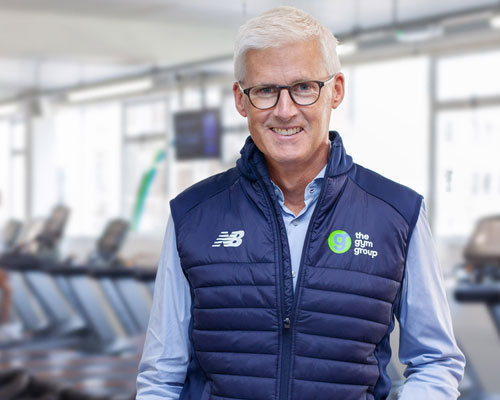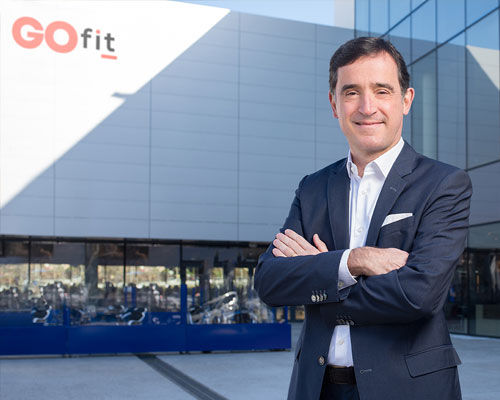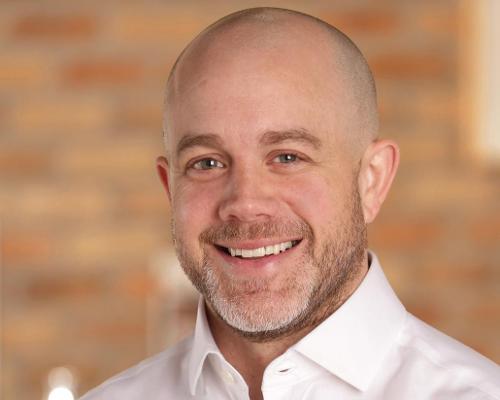features
Talking Point: Fat shaming
Bristol University has commited to embracing body positivity, creating more inclusive physical activity environments, rejecting diet culture and raising awareness of eating disorders across its sports and fitness provision. Should the rest of the fitness sector follow suit? Kath Hudson reports

Led by its Student’s Union, Bristol University’s campaign to reject diet culture and weight stigma will see its fitness instructors and sports captains being given bespoke training, which has been created by the university, in collaboration with eating disorder charities, BEAT and WorkEDout.
The training will educate those involved with physical activity in creating inclusive environments and updating language so clichés such as “burn those calories” will become a thing of the past.
The reasons for doing this are twofold: so those who are vulnerable to eating disorders and over-exercise don’t get triggered in a gym environment, and so those who don’t have thin privilege – the ability to go anywhere without being judged for not being the ‘right size’ – feel that they belong too.
Bristol University and WorkEDout are keen for the rest of the industry to follow their lead. With both obesity and eating disorders on the rise and costing the NHS millions each year, and with the issue of obesity-related deaths from COVID-19, should Bristol University’s approach become an industry standard? Could this help get more people active and healthy? We ask the experts…

The messaging that thin equals healthy is all too prevalent in the fitness industry, cultivating and perpetuating a harmful dialogue with our bodies, putting the focus on aesthetics, rather than strength, skills and power.
Commonly used language such as “let’s burn some calories” or “slim those waists” presents exercise as compensatory and punishing. It also promotes disordered thinking around food and exercise, which can have extremely negative consequences for those who are vulnerable to eating disorders.
When the industry reframes exercise as an opportunity to have fun, learn new skills and strengths, and build a community around health-promoting behaviours, instead of as a remedial necessity or even a punishment, more people will take part and sustain such behaviours. For example, “I’m starting a new class, learning Olympic weightlifting techniques and meeting new people” is a more positive and, crucially, unharmful way of presenting the motivation to exercise.
At Bristol University, we’re addressing this issue through the provision of a training programme which educates fitness instructors, sports captains and sport society presidents in cultivating inclusive, non-judgmental environments. The training covers weight stigma, diet culture, and the harms of fatphobia on all bodies, particularly when promoted within the fitness industry, as well as explicitly looking at eating disorders and how to spot the signs that someone might have one.
We would like to see fitness qualifications prioritise the cultural and social climate in which professionals practice, by including modules and additional training or accreditation in this area.

I launched the WorkEDout campaign a year ago with fitness instructor Carly Wilkinson in order to raise awareness of eating disorders in the fitness industry and empower fitness professionals to educate themselves to recognise, approach and refer clients with these disorders.
Having personal experience of an eating disorder, which took me to the brink of death, I’m all too aware of how exercise can be a massive trigger for people with eating disorders and how the simple use of language in an exercise class can make individuals feel very unsafe.
There is a lot of stigma and misunderstanding around these illnesses, which are on the increase. Some 1.6m people suffer from eating disorders in the UK, and this is increasing by 7 per cent each year. A survey among Bristol University students found that one in five believed they had started to suffer from an eating disorder since beginning their course. Sadly it is also a condition that kills, claiming 10,200 lives each year.
As gyms and fitness studios have the potential to be triggering environments for those vulnerable to eating disorders, and there is an overall lack of understanding around this, it is incredibly important for the fitness industry to take this issue seriously. We need to challenge the prevalent culture which praises people for exercising and losing weight, as well as the outdated notion of burning calories.
With so many other powerful elements of how exercise makes people feel and move, the industry doesn’t need to be powered by diet culture. To help support the industry to change, we are currently exploring options for creating a CPD accredited course for fitness professionals and, going forward, planning to offer in-person and online content. We hope the industry will embrace the change being spearheaded by Bristol University.

Although everyone in the health and fitness sector wants to offer an inclusive space, it is important that we collectively keep learning and striving to do more – we can never be too inclusive and there are always new members of society to reach out to. Everyone coming through the doors brings memories and baggage, which can make them feel vulnerable.
While the sector has done really well with becoming more inclusive with imagery – representing every type of woman has been at the heart of This Girl Can’s work since its inception in 2015 – I think Bristol University is right in saying that some language has become so entrenched that we don’t even realise we’re using it.
We have to consider that not everyone who walks through the doors of a sport or physical activity facility will be full of confidence about being there – it could have taken months or years of courage to get to that point – so the language we use is incredibly important in laying the foundation for a positive experience.
To give one such example, one woman told a This Girl Can research focus group that she walked out of a leisure centre after being asked by the receptionist “how far can you swim?” Although it was an innocuous and well-meaning question, intended to signpost her to the right pool, as an agrophobic who had been coaxed out of the house by social services, it felt like a judgement. People fear judgement from others, but also often harshly judge themselves.
Eating disorders and over-exercise are both incredibly difficult subjects to broach, so I think it’s a good idea to keep upskilling in this area, so fitness professionals have the confidence and vocabulary to handle these difficult subjects while knowing the signs to look out for and what to do.
It’s also true that many people view exercise as a punishment they have to do after eating “forbidden calories”, with this often being compounded by a session on the “dreadmill” – both of those terms being common to hear serves to enforce just how important it is that we keep pushing to position exercise as an activity that is fun, empowering and which gives you some space.
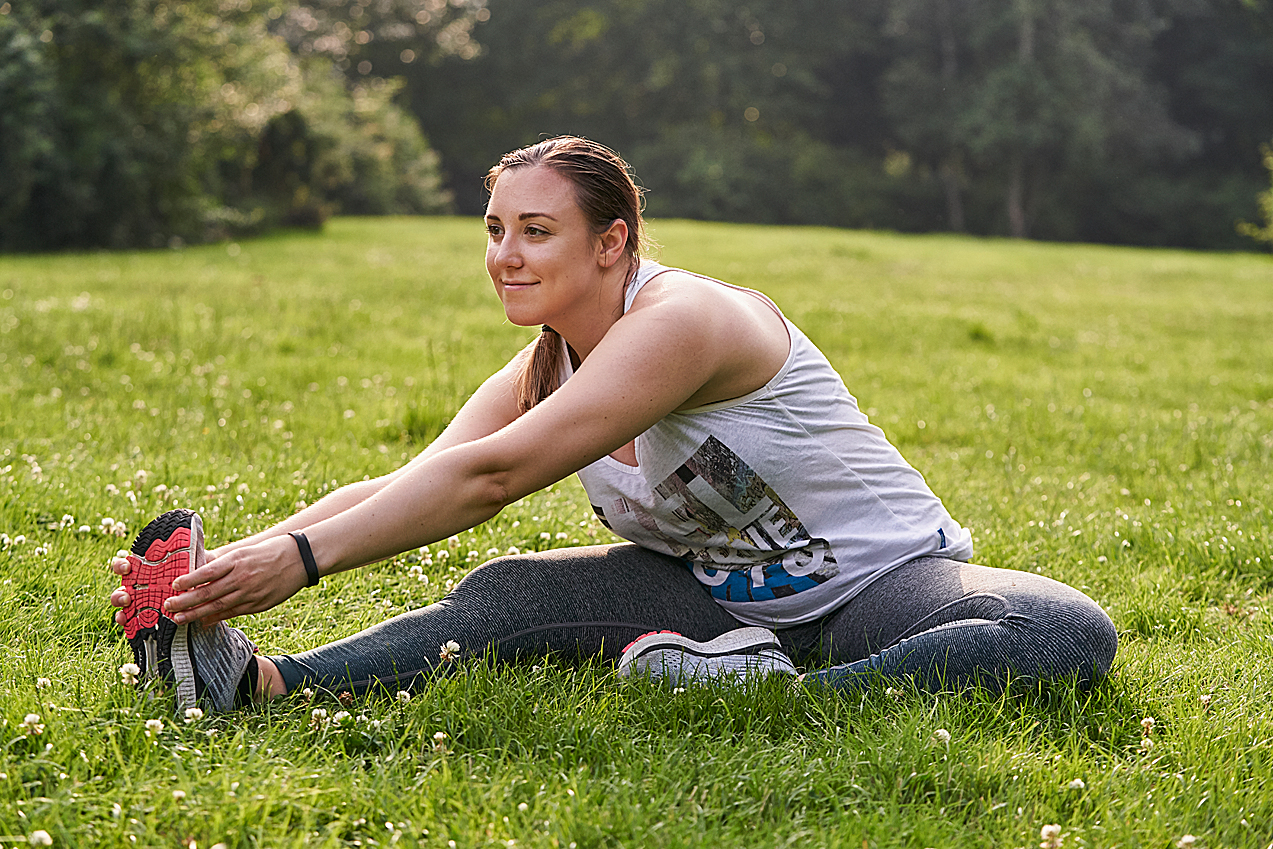

The training of fitness professionals and the way fitness is offered and consumed is continually evolving, as the industry responds to the need to reach out to all types of customers. CIMSPA will support any organisation wanting to provide additional support and training for fitness professionals and so we offer our support to Bristol University to develop the training in a way that meets an industry-led need and engages with fitness professionals.
It is important not to land the perceived problem at the door of the fitness professional, which would likely alienate them, and so we would support Bristol University in taking a wider look at how they could support the whole industry in addressing the problem they have identified.
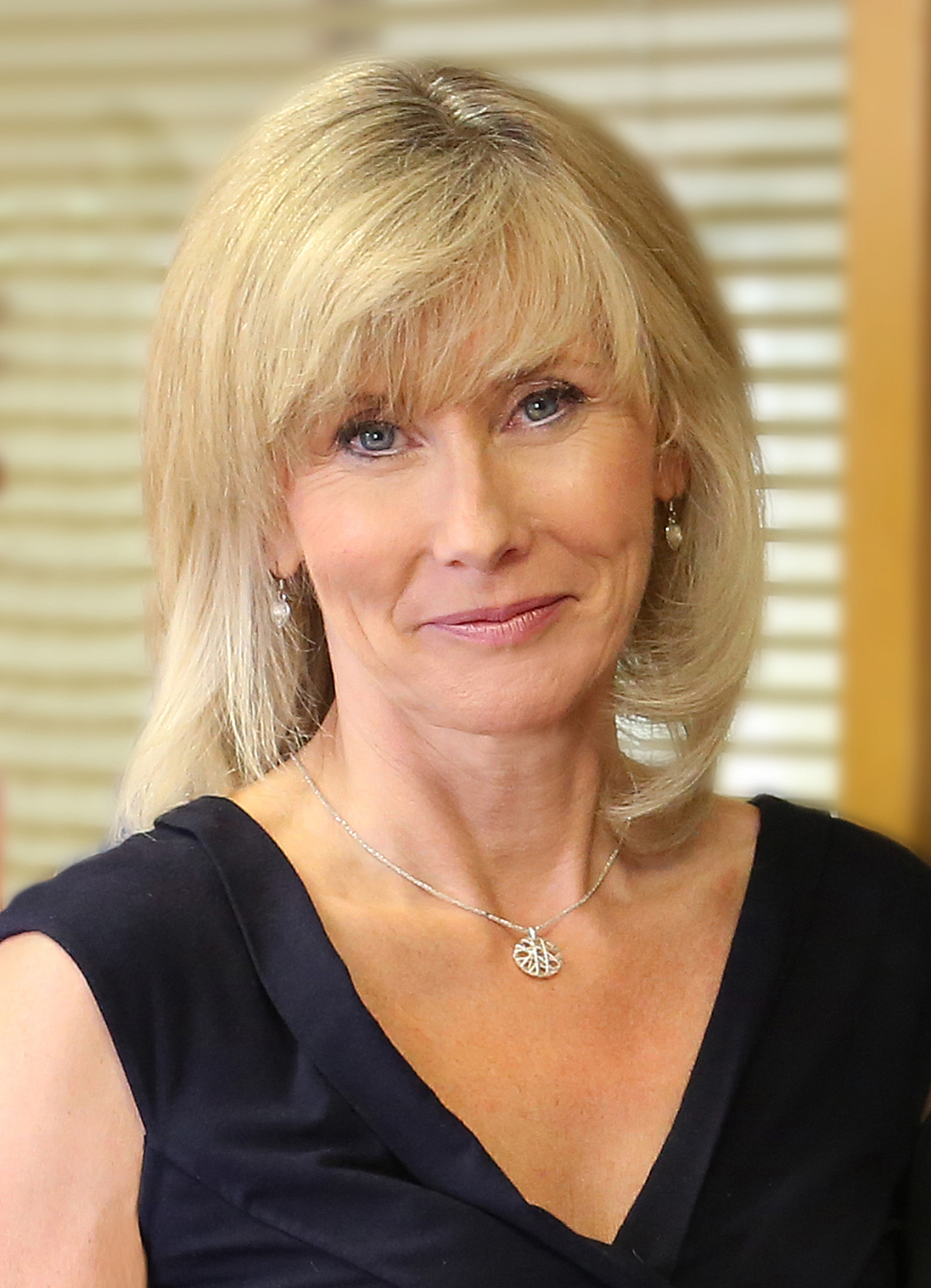
The conversation on the gym floor should always aim to avoid using terms like ‘fat’ and ‘thin’ and discussing diet choices in terms of ‘good and bad foods’.
Good instructors and trainers usually emphasise that physical activity is for health, wellbeing and how you feel, not how you look. Group exercise instructors and PTs have a big role to play in creating a non-judgemental environment and setting the right tone at a gym or club.
Understanding the best terminology to use, and avoid, is included in Level 2 and Level 3 qualifications and training, alongside more emphasis on effective communication skills. Over the last few years, we have increased the amount of guidance and content around softer skills and consultation skills so that trainers are able to read and listen to clients more effectively. We have shifted from a paternalistic approach to a consultation approach that is a shared journey with the client. Our qualifications also include elements of motivational interviewing and behaviour change theory to help PTs and instructors support their clients in taking responsibility for their actions and activity.
While of course it’s important to speak to people carefully and non-judgementally, we cannot let things swing too far the other way by letting political correctness stop us from sharing the irrefutable fact that being overweight increases people’s risk of disease.
We must ensure instructors and PTs have the necessary skills and confidence to have that important conversation with clients without fear of being criticised. Of course, ‘fat shaming’ is wrong – but so too is avoiding talking about weight issues altogether. By upskilling trainers to understand how to speak to overweight clients in a sensitive and understanding manner and position physical activity and its relationship with food appropriately, we will start to see the tide turn.

This is an interesting initiative from Bristol University and, as we move forward to tackle obesity, Better would welcome a review of all language, training materials and products in the exercise industry, to ensure there is no stigma and that they focus on the health and wellbeing benefits of exercise, for all ages and body types.
At Better we don’t believe in stigmatising anyone, which is why we use a variety of ages and shapes in our marketing material, reflecting our diverse customer base. Weight alone is not the only determinant of health and wellbeing and we advocate the strong benefits of exercise for healthy weight management, as a mood enhancer, promoting cardiovascular health, boosting confidence and a social opportunity, whatever your shape or size.
Obesity and eating disorders are both conditions that cost the NHS millions of pounds a year and, as a nation, the UK is one of the least active and most unhealthy in Europe. We also now know that obesity is a greater risk factor regarding COVID, so there needs to be an intervention, which must be done in a balanced way. As a result, Better will soon be launching programmes aimed at tackling obesity, due to its role in compounding health inequality in some of our poorest postcodes.
Earlier this year Sport England surveyed women to see if they would be happy to return to the gym post-lockdown. Although 87 per cent said they felt safe to do so, only 27 per cent of them had actually visited a gym and only 13 per cent a swimming pool. Those surveyed outlined some things which would make them feel more comfortable visiting and create a more inclusive environment.
• A discreet offer from staff to help with equipment (48 per cent)
• A code of conduct in the weights room, such as time limits and re-racking heavy weights after use (36 per cent)
• Hooks by the pool to hang towels to restrict time walking in a swimming costume (44 per cent)
• Women’s only areas/ dedicated swim time for women (36 per cent)
• Fewer full-length mirrors (21 per cent)









